
The Ghana Economic Forum’s (GEF) 14th edition opens today in Accra, with a renewed focus on how the nation can achieve lasting currency stability and sustainable economic growth through structural reforms in finance, energy and agribusiness.
Organised by B&FT, the whole-day event, held under the theme ‘Currency stability: A reset for sustainable economic growth’, will bring together Ghana’s policy royalty and examine how to move beyond short-term fixes toward long-term competitiveness.
The Chief Executive Officer (CEO)-B&FT, Dr. Godwin Acquaye, said this year’s forum has acquired added importance as it seeks to bring fresh impetus to the ongoing economic recovery.
“Stabilising the cedi goes beyond policy formulation and directives, it is about strengthening the foundations of production, industry and exports,” Dr. Acquaye noted ahead of the forum.
“We have had periods of busts and booms, yet it appears as though we are in the same place and in some senses regressing. We need to find lasting solutions, that is why we are bringing the public and private sectors together to discuss how Ghana can convert resilience into real value creation,” he added.
Vice President Prof. Naana Jane Opoku-Agyemang will deliver the keynote address as Special Guest of Honour, outlining government’s vision for restoring macroeconomic stability through disciplined fiscal management, domestic value addition and export diversification.
Similarly, Bank of Ghana Governor Dr. Johnson Pandit Asiama is anticipated to highlight the central bank’s efforts in sustaining monetary stability, managing inflation and deepening confidence in Ghana’s financial system.
Key partners KPMG and Fidelity Bank will respectively have their Country Managing Partner, Andy Akoto, and Deputy Managing Director, Kwabena Boateng, set the tone for first-round discussions on centred on ‘Resetting Ghana’s Currency and Financial Framework: Building Resilience beyond the IMF Programme’ and will examine Ghana’s post-IMF economic outlook.
The session will be moderated by Evans Mensah and feature leading figures from the public and private sectors – including Seth Terkper, Presidential Advisor on the Economy; Humphrey Ayim-Darke, President-Association of Ghana Industries (AGI); Prof. Patrick Asuming, Economist at the University of Ghana Business School; and Abena Amoah, Managing Director-Ghana Stock Exchange.
Others are Ebenezer Amankwah-Minkah, Executive Director-Centre for Economic Research and Policy Analysis (CERPA); Dr. Ishmael Dodoo, Head of Innovative Finance, Partnership and Markets at the 24-Hour Economy Secretariat; and Joe Jackson, CEO-Dalex Finance.
This session will explore fiscal consolidation, debt restructuring, revenue mobilisation and industrial competitiveness as core elements for currency resilience.
The conversation is expected to examine how to maintain this progress beyond the IMF programme – the nation is expected to exit in 2026, build market confidence and lay the foundation for sustained growth.
Dr. Acquaye said the discussion will not only diagnose problems but also propose a framework for consistency.
“We must institutionalise fiscal discipline and stop treating stability as a temporary achievement. Currency resilience must be the outcome of an economy that produces, innovates and exports,” he said.
Financing the future of energy
The day’s second session, ‘Financing the Future: Tackling Legacy Debt and Building a Resilient Energy Economy’, will be opened with remarks from the Minister of Energy and Green Transition John Abu Jinapor and focus on solutions to the persistent financial and operational challenges facing Ghana’s power sector.
The energy session will feature insights from Dr. Nii Darko Asante, Independent Energy Consultant and former Executive of GRIDCo; Dr. Ben Boakye, Executive Director-Africa Centre for Energy Policy (ACEP); Elikplim Apetorgbor, CEO-Chamber of Independent Power Producers, Ghana (IPPs).
Reindolf Annor, Partner-KPMG; Dr. Nii Kwashie Allotey, Technical Director-ESPco Nuclear; Kwaku Wiafe, Director of Engineering-Volta River Authority (VRA); and Maxwell Asare, Director, Multinational and Local Corporates-Fidelity Bank, will provide valuable insights during the plenary, which will be moderated by John Nkum, Founder and Executive Director-Nkum Associates.
Ghana’s total installed power capacity currently exceeds 5,200 megawatts, but dependable capacity often falls below 3,500 megawatts due to maintenance lapses, fuel shortages and financial constraints.
The sector’s cumulative debt, estimated at more than US$1.5billion, continues to strain the national budget and deter private investment.
Speakers are expected to discuss innovative financing models, governance reforms and renewable energy integration as part of a 10-year strategy for a financially sustainable energy sector.
Adding value to Agribusiness
The final plenary, ‘Value Addition for Currency Stability: Transforming Agriculture into an Industrial Powerhouse’, will explore how Ghana’s agricultural base can be leveraged for currency stability through agro-industrialisation and value-chain development.
The session will be opened by Julius Debrah, Chief of Staff to the President, who is expected to highlight the central role of agriculture in Ghana’s broader industrial transformation.
He will argue that agriculture must evolve from a subsistence activity into a modern industrial driver capable of generating exports, creating jobs and supporting the cedi.
Panellists will include Madam Fatima Ali Mohammed, CEO-African Brand Warrior; Alberta Akosa, Executive Director-Agrihouse Foundation; Alex Agyei-Amponsah, Director-SME Banking, Fidelity Bank; Raymond Dentah, Agribusiness Finance and Market Systems Consultant; Joyce Bawah Mogtari, Special Aide, Office of the President; and Raghav Mandhana, Regional CFO, Olam Agric Ghana. The session will be moderated by Robert Dovlo, Agribusiness Analyst.
Agriculture currently contributes about 20 percent of Ghana’s GDP and employs over one-third of the workforce, yet value-addition remains minimal. Participants are expected to propose financing models, technology adoption strategies and policy measures that boost processing and export diversification.
Turning dialogue into accountability
Organisers say GEF 2025 is designed not only as a platform for discussion but also a mechanism for accountability. A post-forum policy brief will consolidate recommendations from all three sessions and be presented to the Ministry of Finance, Bank of Ghana and other relevant institutions.
B&FT will launch a Public Sector Scorecard to track progress in key areas such as fiscal discipline, energy efficiency and agribusiness value addition.
“This forum is about continuity and credibility. We must ensure that the ideas generated here translate into national policy, measurable outcomes and tangible improvements in the lives of Ghanaians,” Dr. Acquaye added.
The post GEF 2025 to focus on currency stability, structural reforms appeared first on The Business & Financial Times.
Read Full Story

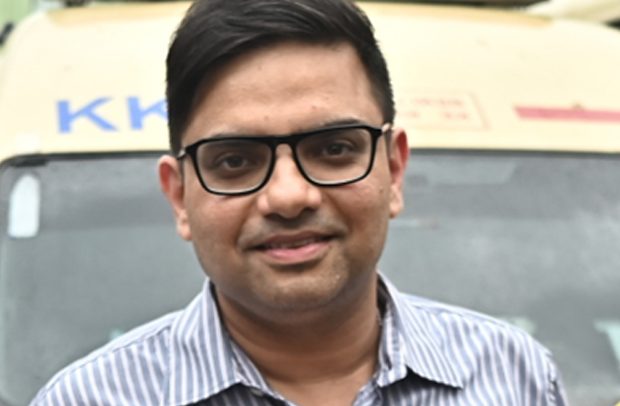
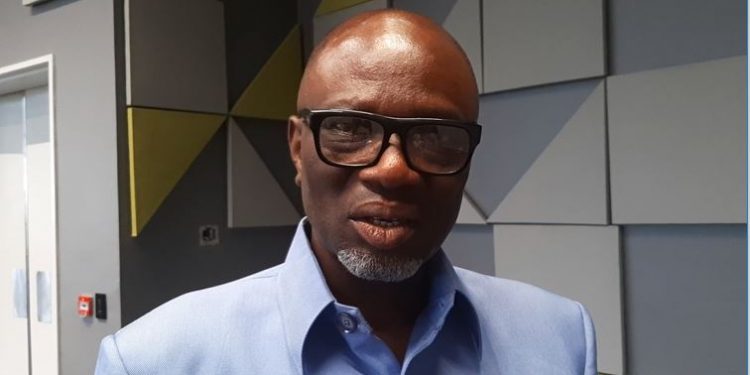



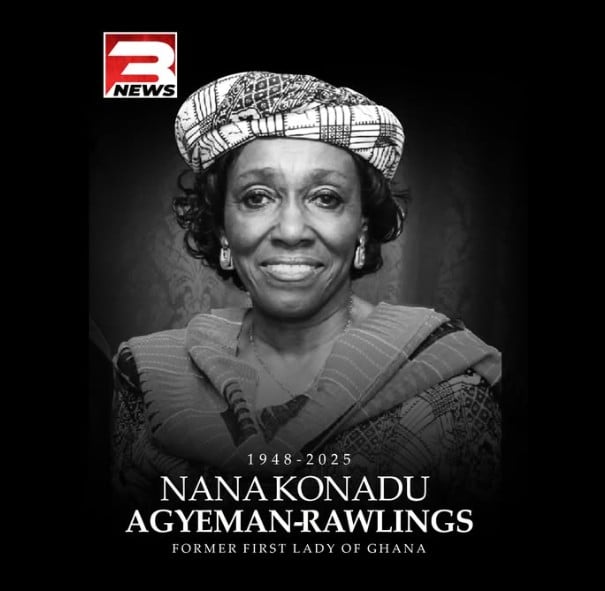
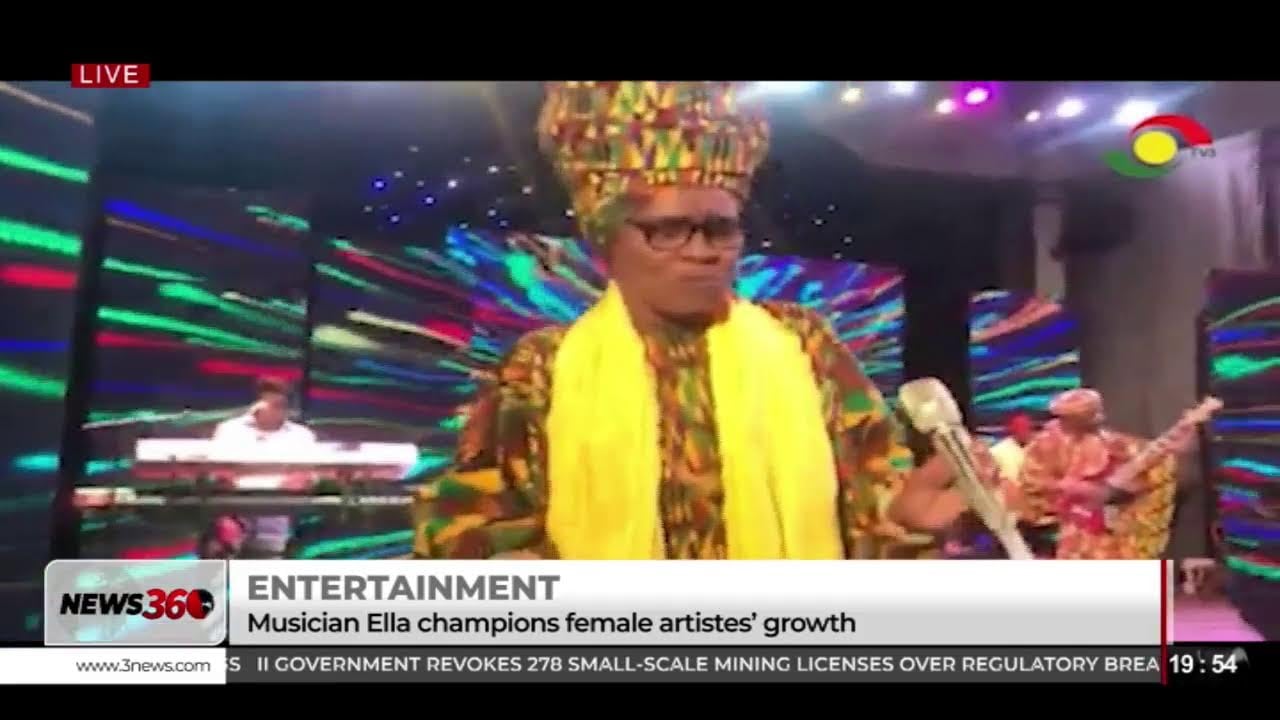
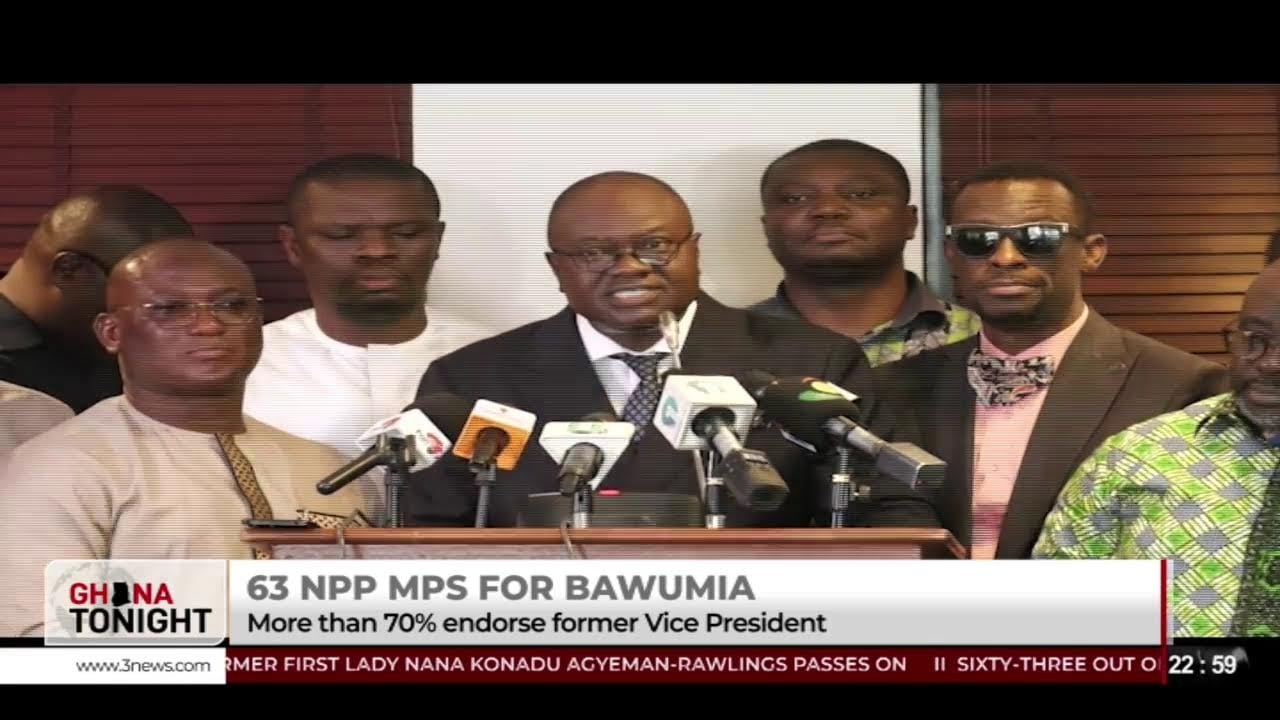
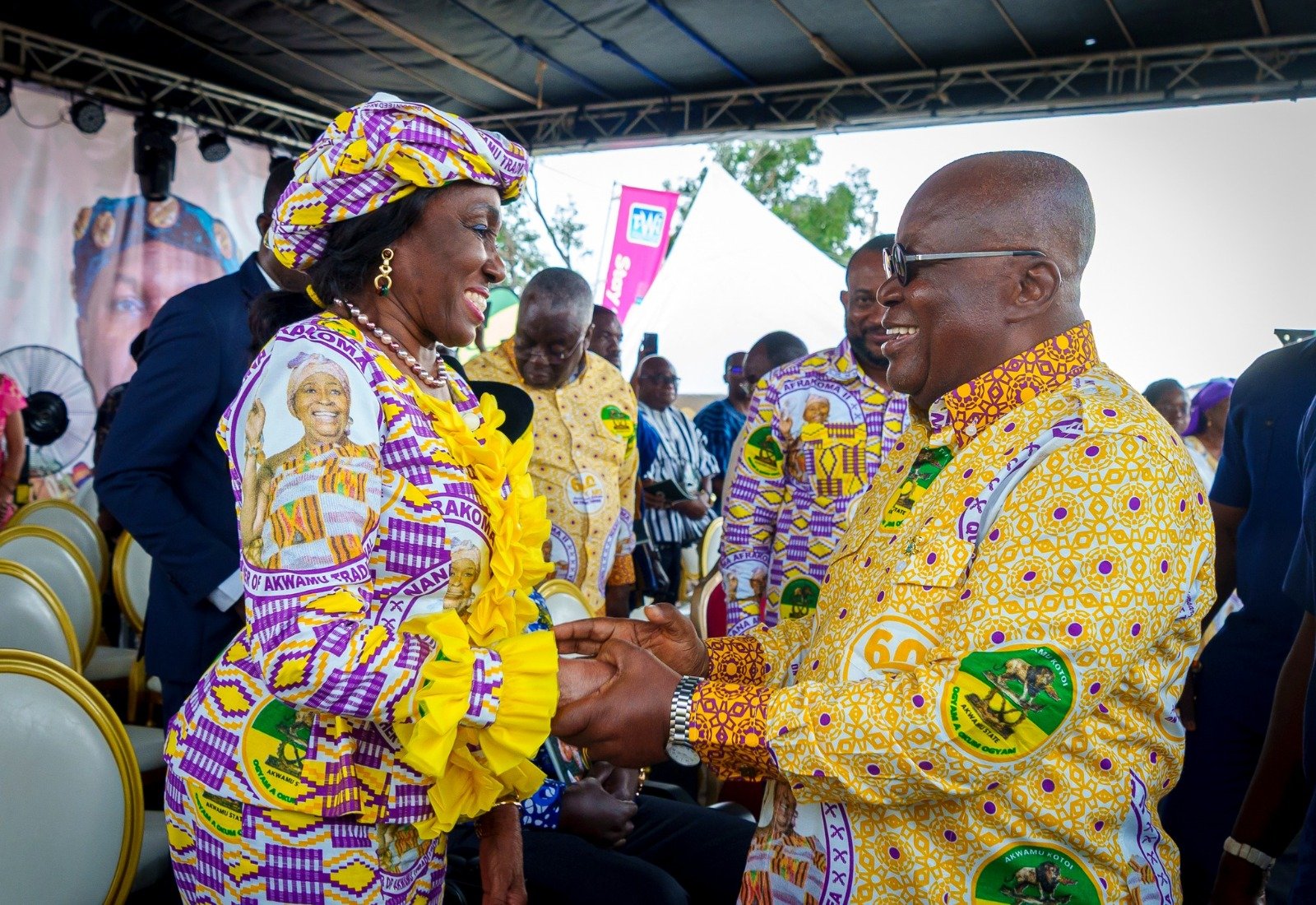
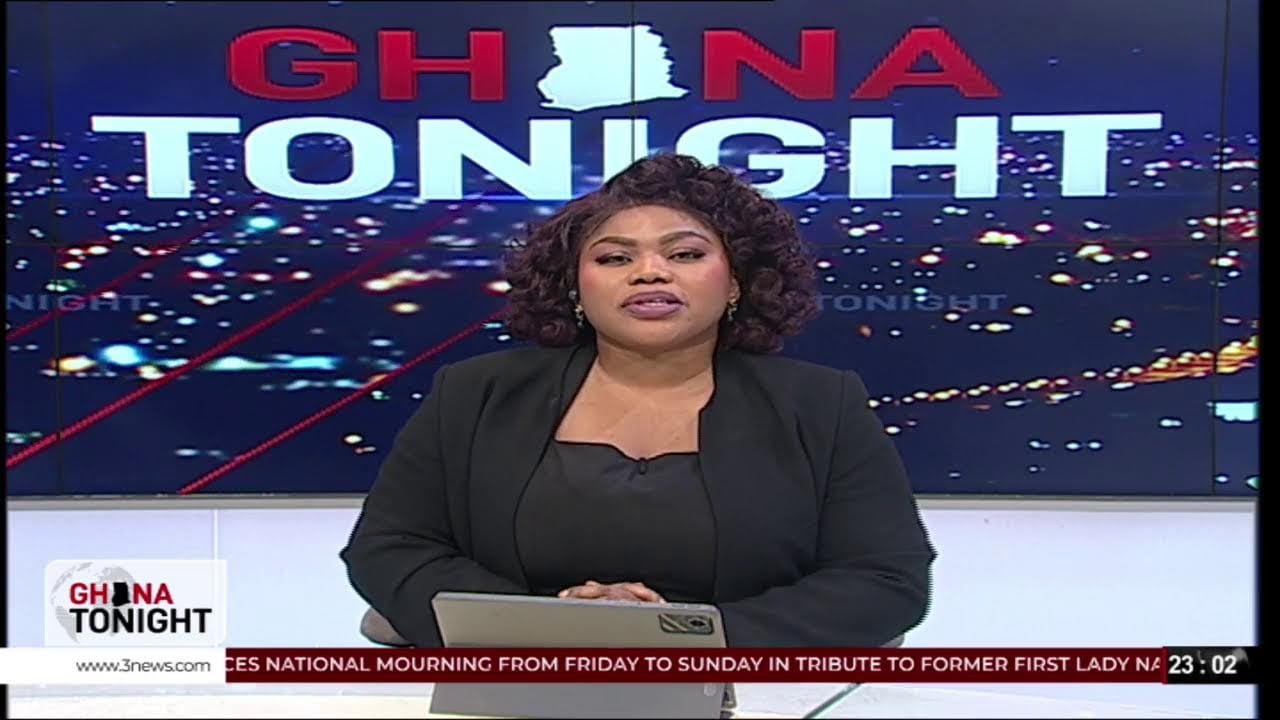

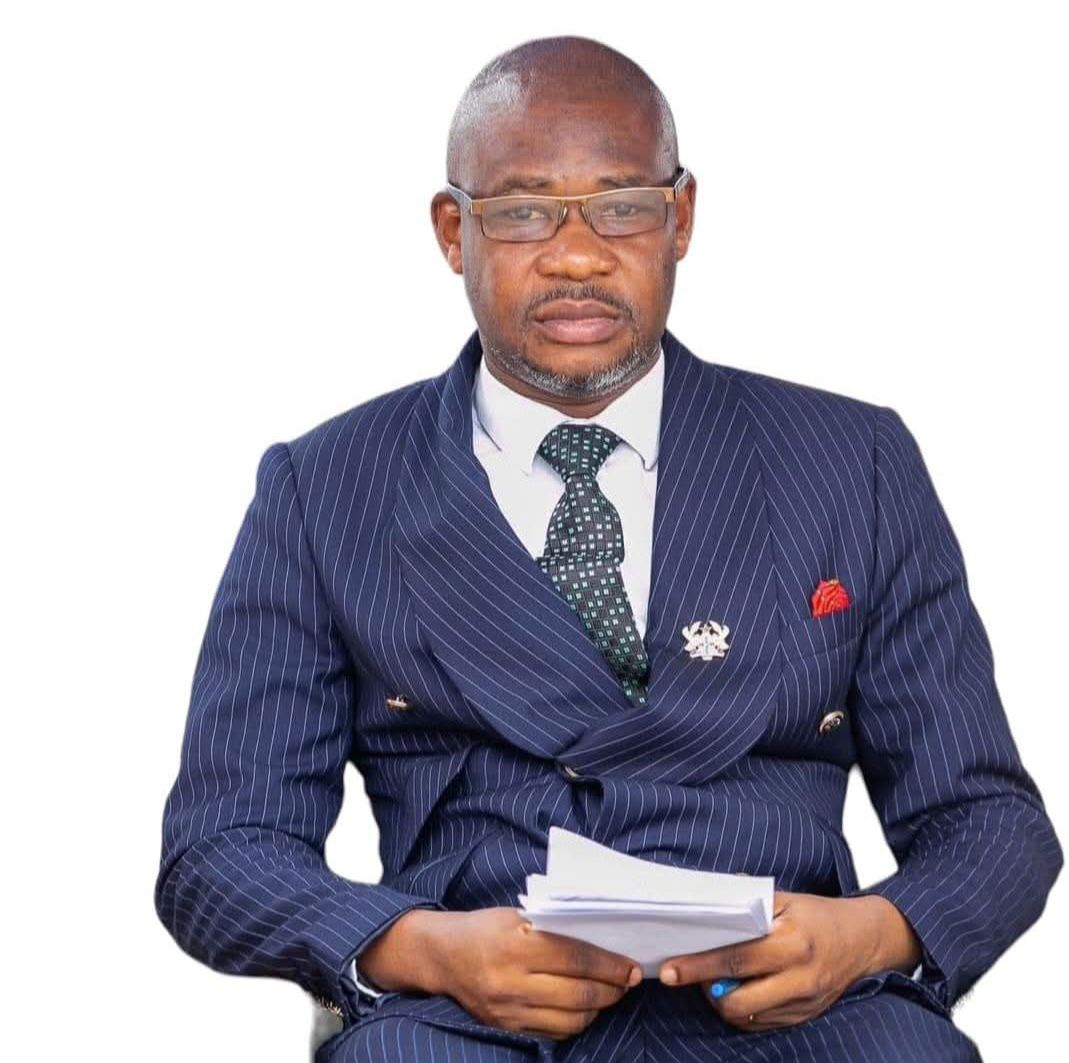
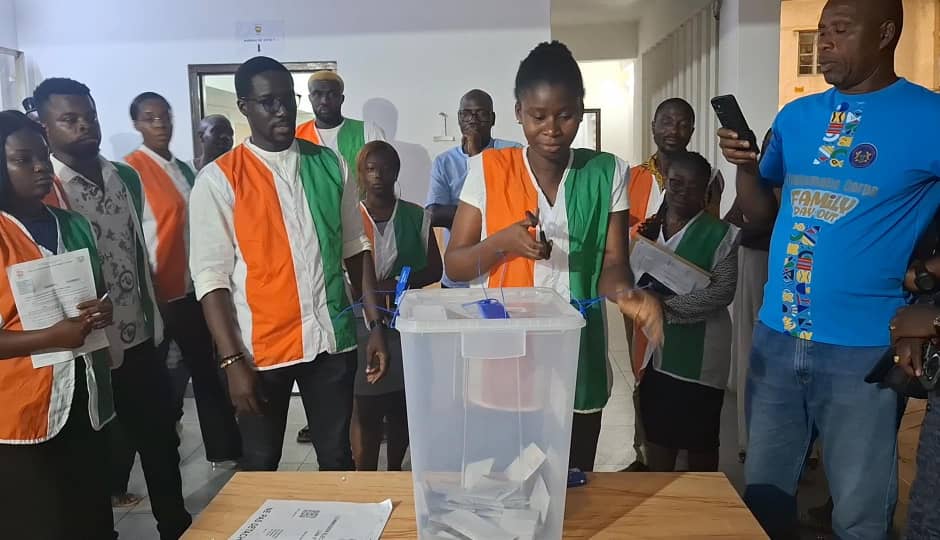

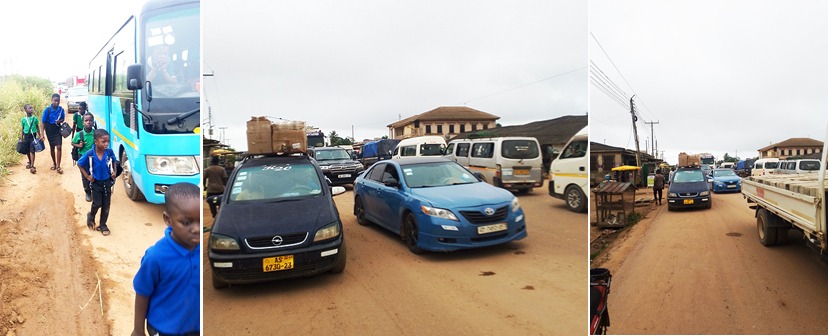
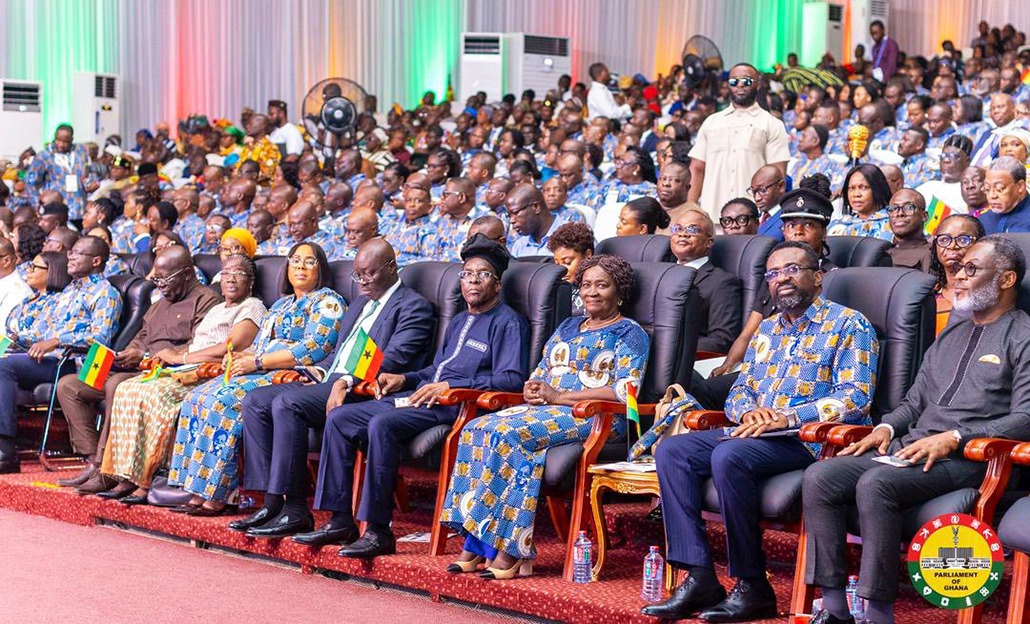

Facebook
Twitter
Pinterest
Instagram
Google+
YouTube
LinkedIn
RSS